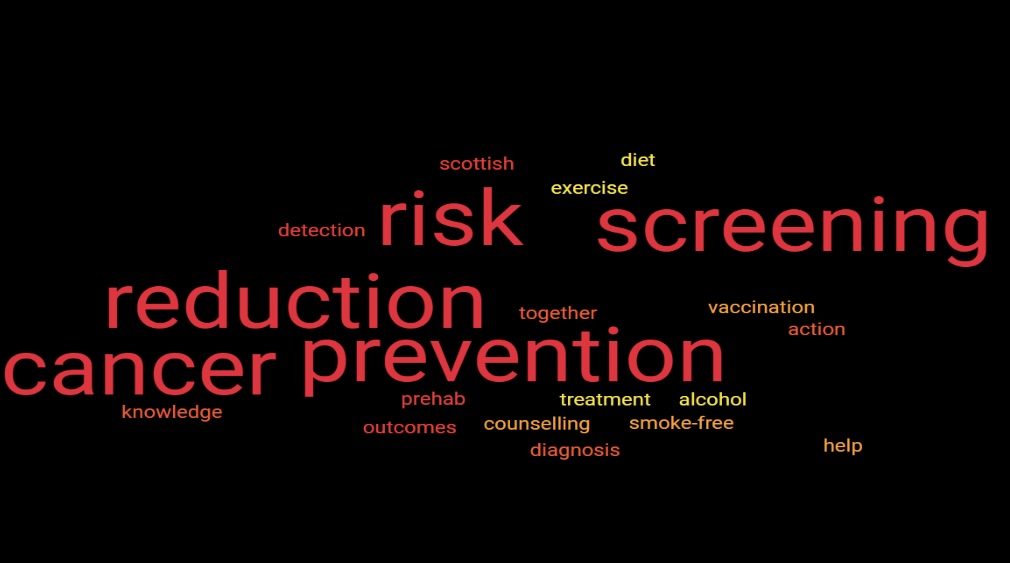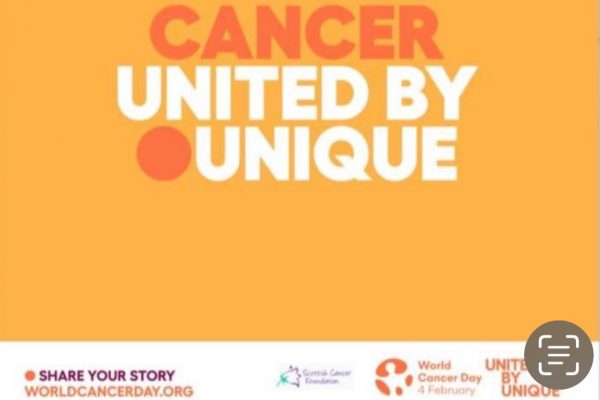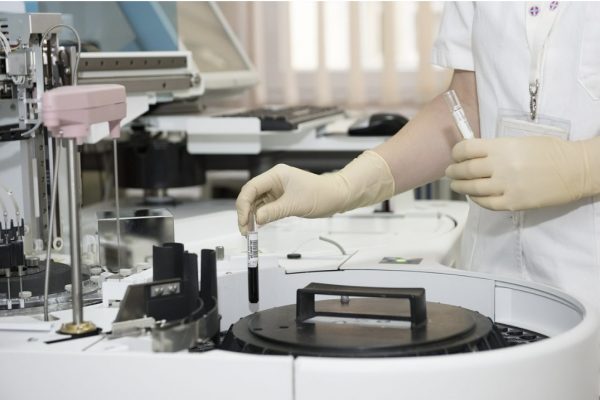People are united in their enthusiasm for cancer screening. Surveys show that around 90% of people think screening is ‘almost always a good idea.’ Earlier in my career I was involved in a trial of bowel screening where we found over 97% of people who had done the test would encourage a friend to do it. It’s hard to think of anything in our increasingly polarised world that would unite people in their enthusiasm as much as cancer screening appears to – puppies, a nice cup of tea, world peace – would we get 90% of the population agreeing?
I’m being flippant. Cancer screening is serious and important in detecting cancers at an earlier stage when treatment is more effective. In Scotland, we have three screening programmes for bowel, breast and cervical cancer. I’ve been doing research on uptake of cancer screening and inequalities for over 20 years. My background is in behavioural science and what interests me is that despite the very high levels of public enthusiasm for cancer screening, uptake of screening invitations remain suboptimal and there are persistent inequalities in who participates in cancer screening.
Understanding screening uptake behaviour and overcoming barriers is key to improving uptake. The Scottish Cancer Foundation has recently supported new research in the search for improvements in bowel screening uptake. This research will be based in the Department of General Practice at the University of Edinburgh. It aims to find out which groups of people are most likely to not take part in screening, which parts of Scotland have the highest non-participation rates, and the role of family doctors to help improve uptake.
Addressing inequalities in cancer screening uptake is essential if cancer screening is to be truly – for all. Currently, cancer screening programmes fail to engage the most vulnerable. For example, uptake of bowel, breast and cervical cancer is much lower among people with learning disabilities. Research at the University of Glasgow is currently underway to improve cancer screening access for people with learning disabilities in collaboration with people with learning disabilities, carers, and people in relevant professional roles.
Is cancer screening for all? I think we need to consider that although the benefits of screening can be clear and are reflected in the high levels of enthusiasm for screening, there can also be harms. For example, screening can lead to overdiagnosis and overtreatment, and it can cause worry about the test and the results. People need to be supported to choose whether screening is right for them. It is also vital that cancer screening is accessible to our most vulnerable in society so we can all benefit from the earlier diagnosis of cancer.
#WorldCancerDay #UnitedByUnique @worldcancerday
Professor Katie Robb
University of Glasgow





